BSP chief’s rare praise for the Uttar Pradesh BJP government over Kanshi Ram memorial maintenance stirs political undercurrents, even as she slams Samajwadi Party for “ticket revenue politics.”
By SarhindTimes Political Bureau
Lucknow, October 2025
A Statement That Turned Heads
In a political moment few anticipated, Bahujan Samaj Party (BSP) supremo Mayawati on Sunday publicly thanked the BJP-led Uttar Pradesh government for renovating and maintaining the Kanshi Ram memorial, while simultaneously criticizing the Samajwadi Party (SP) for what she described as its “double-faced politics” and “ticket-selling practices.”
The remarks, made through a press statement and amplified across BSP’s social media channels, immediately set off a wave of commentary among analysts and party cadres alike.
Mayawati’s praise — however measured — was read by many as a calculated political gesture, especially at a time when all parties are maneuvering for influence in municipal, cooperative, and bypoll races ahead of the 2027 Assembly cycle.
“When good work is done, it deserves acknowledgment,”
Mayawati said, noting that the memorial’s upkeep reflects “respect for the legacy of Kanshi Ram ji, who dedicated his life to the upliftment of the marginalized.”
The Memorial at the Center of Symbolism
Located in Lucknow, the Kanshi Ram Smarak Sthal is more than a monument — it is a symbol of Dalit assertion and identity. Built under the BSP government in the early 2000s, the memorial honors BSP founder Kanshi Ram, Mayawati’s political mentor and one of modern India’s most influential voices for Scheduled Caste representation.
Since its inauguration, the site has been a recurring flashpoint in Uttar Pradesh’s political discourse — alternately neglected, repurposed, or contested depending on which party held power.
When the SP government led by Akhilesh Yadav came to power in 2012, BSP leaders accused it of undermining Dalit heritage sites, alleging deliberate neglect and administrative downgrades.
Now, with the BJP government initiating restoration work, including landscaping, lighting, and digital archiving of memorial records, Mayawati’s acknowledgment carries both symbolic and strategic weight.
Why Mayawati’s Words Matter
Political observers say Mayawati’s praise of the BJP — an ideological rival — is not an act of rapprochement but a message of independence.
“Mayawati is reminding voters that the BSP will recognize governance regardless of party label,”
said Dr. Sudhir Panwar, Lucknow-based political analyst and former member of the UP Planning Commission.
“It positions her above partisan bickering, particularly as she tries to regain credibility among core supporters.”
The comment also distances the BSP from the SP-Congress opposition bloc, which has attempted — with limited success — to frame itself as the nucleus of anti-BJP unity in Uttar Pradesh.
For Mayawati, staying equidistant from both major parties remains a hallmark of her political strategy.
Her remarks, therefore, serve a dual function: praising governance optics while reminding voters of SP’s alleged opportunism.
The Sharp Edge of Criticism
Mayawati’s gratitude was accompanied by sharp criticism of the Samajwadi Party, accusing it of “selling tickets for money” and “exploiting the name of social justice for personal gain.”
“The SP leadership’s double standards are well known — they talk of the poor but enrich themselves through ticket deals,” she said.
“Their governance record shows disregard for both Dalits and backward communities.”
This is not the first time she has used such language.
In previous election cycles, the BSP chief has accused the SP of “caste tokenism”, minority appeasement, and neglect of Scheduled Caste welfare programs.
However, the latest jab lands differently — it comes amid rumors of pre-poll seat-sharing talks between the SP and Congress, which Mayawati has firmly opposed.
SP’s Silence and Political Calculus
The Samajwadi Party has so far refrained from an official rebuttal, though insiders hint that the party may downplay the remarks to avoid amplifying them.
A senior SP leader, speaking on condition of anonymity, said:
“Mayawati’s comments are meant to stay in headlines. We prefer to focus on governance issues and people’s struggles.”
Still, within political circles, her statement is being seen as an indicator of shifting ground.
While the BSP’s base has eroded over the past decade — with sections moving toward BJP and smaller Dalit outfits — Mayawati remains a decisive voice in micro-contests, particularly in reserved and mixed constituencies across western and central Uttar Pradesh.
For the BJP: Symbolic, Yet Strategic Gains
For the Bharatiya Janata Party, Mayawati’s acknowledgment is a symbolic endorsement of governance optics that the party has been trying to project among non-traditional voter groups.
Since 2017, the Yogi Adityanath-led government has invested heavily in Dalit-centric memorials, museums, and welfare schemes, aiming to expand its social coalition beyond upper-caste Hindus and OBCs.
“We thank Behenji for recognizing the state’s efforts,”
said Shalabh Mani Tripathi, BJP spokesperson.
“This government respects all icons of India’s social justice movement, not just those aligned with one party.”
Analysts say such moments, though subtle, help the BJP soften its image in constituencies where the Dalit vote is fragmented.
Dalit Optics and Electoral Realities
Dalit representation in Uttar Pradesh politics has long been a moral and numerical battleground.
While the BSP built its legacy on Ambedkarite social justice, the BJP has made steady inroads by aligning welfare delivery with caste-neutral rhetoric.
Mayawati’s acknowledgment, therefore, indirectly validates the BJP’s governance pitch, even as it allows her to claim the moral high ground.
“She’s playing chess, not checkers,”
noted Renu Gupta, senior journalist with Lucknow Political Review.
“By thanking the BJP, she draws attention to Dalit issues without being co-opted by alliances. It’s a reminder that BSP is still the original custodian of Kanshi Ram’s legacy.”
Memorials as Political Theatre
From Ambedkar parks to Kanshi Ram smaraks, Dalit monuments have long doubled as architectural and ideological spaces for contesting political ownership.
For the BSP, these sites represent dignity reclaimed; for critics, they symbolize identity politics through concrete.
Each restoration, plaque, or neglect cycle becomes a proxy battle over who respects — and who appropriates — Dalit icons.
In that sense, Mayawati’s statement was not merely about maintenance; it was a reaffirmation of representation through remembrance.
“Monuments matter,” said Prof. Rajesh Kureel, sociologist at BHU.
“They serve as moral compasses in the Dalit movement. Whoever tends to them tends to the idea of equality.”
BSP’s Relevance in 2025
For the Bahujan Samaj Party, the road to 2027 runs through relevance restoration.
The party has struggled to retain its earlier electoral heft, slipping from 80+ Assembly seats in 2007 to single digits in 2022.
Mayawati’s recent outreach — focused on organizational discipline, symbolic politics, and grassroots Dalit engagement — indicates an attempt to rebuild moral legitimacy rather than chase short-term alliances.
“The BSP will continue its independent path,” she reiterated, dismissing rumors of coalition talks.
“Our politics is based on principles, not opportunism.”
Her statement echoes her long-standing mantra: “Power is not the goal; empowerment is.”
The SP–BSP–BJP Triangle
Uttar Pradesh’s politics often revolves around a three-cornered rivalry — with each party claiming to represent the marginalized in different ways.
- The BSP frames empowerment through social dignity.
- The SP emphasizes social justice and secular alliances.
- The BJP positions itself as the delivery-driven enabler of welfare schemes.
Mayawati’s remarks have now tilted this triangle, forcing both SP and BJP to recalibrate their outreach narratives.
“When Mayawati compliments Yogi, it’s more than politeness — it’s pressure politics,”
said Dr. Sanjay Kumar, Director of Lokniti-CSDS.
“She’s signaling that BSP’s relevance cannot be written off.”
Public Reaction: Mixed but Engaged
On social media, reactions to Mayawati’s comments were polarized.
While BSP supporters lauded her “dignified independence,” SP loyalists called it a “soft corner for BJP.”
Political watchers noted that Dalit Twitter circles saw her stance as assertive rather than accommodative.
In Lucknow and Kanpur, visitors at the Kanshi Ram memorial welcomed the renovation and credited Mayawati for keeping the site politically visible.
“This memorial reminds us where the movement began,” said Vijay Gautam, a local schoolteacher.
“If someone maintains it respectfully, credit should be given — politics aside.”
Analytical Lens: The Language of Gratitude
In Indian politics, praise is never neutral.
When a senior leader from one party thanks another, it signals alignment, pressure, or positioning.
Mayawati’s tone — firm, factual, and unembellished — suggests deliberate precision.
She avoided adjectives or overt warmth, instead framing gratitude as acknowledgment of responsibility fulfilled.
“This is politics of respect, not reconciliation,”
said Radhika Singh, columnist for The Print.
“It reminds voters that moral consistency still has a place in political discourse.”
Upcoming Municipal Contests: The Testing Ground
Observers believe this rhetorical shift could have immediate relevance in upcoming municipal and zila parishad elections.
In close contests, 2–3% swing votes among Dalit and lower OBC groups can alter outcomes.
The BSP, despite shrinking vote share, remains a decisive spoiler or kingmaker in dozens of urban seats.
By emphasizing governance recognition, Mayawati may be signaling to voters that the BSP rewards performance, not propaganda.
Editorial Perspective: Optics of Inclusion
Mayawati’s statement, while brief, encapsulates a layered narrative about inclusion, respect, and moral ownership.
In a state where political rivalry often descends into polarizing rhetoric, her ability to express praise without capitulation stands out.
It reopens an old question:
Can political civility coexist with ideological distance?
If this episode sets a precedent, it could encourage a healthier grammar of governance acknowledgment, even among adversaries.
Conclusion: A Thank You That Echoes
For a leader known for guarded statements, Mayawati’s public thanks carried the resonance of strategy.
It was not a bridge to the BJP nor an attack for its own sake — but a message to her base that the BSP remains the conscience-keeper of Dalit representation, above alliances and below none.
In Uttar Pradesh’s complex caste arithmetic, even a single line of acknowledgment can shift tones — if not votes.
And that may be the point.
“Gratitude in politics is rare,” said Dr. Panwar, the analyst.
“When it comes, it deserves attention — because it’s never just about what’s said, but what it signals.”
#Politics #UP #BSP #Mayawati #BJP #SP #Elections #DalitPolitics #Governance #UPNews











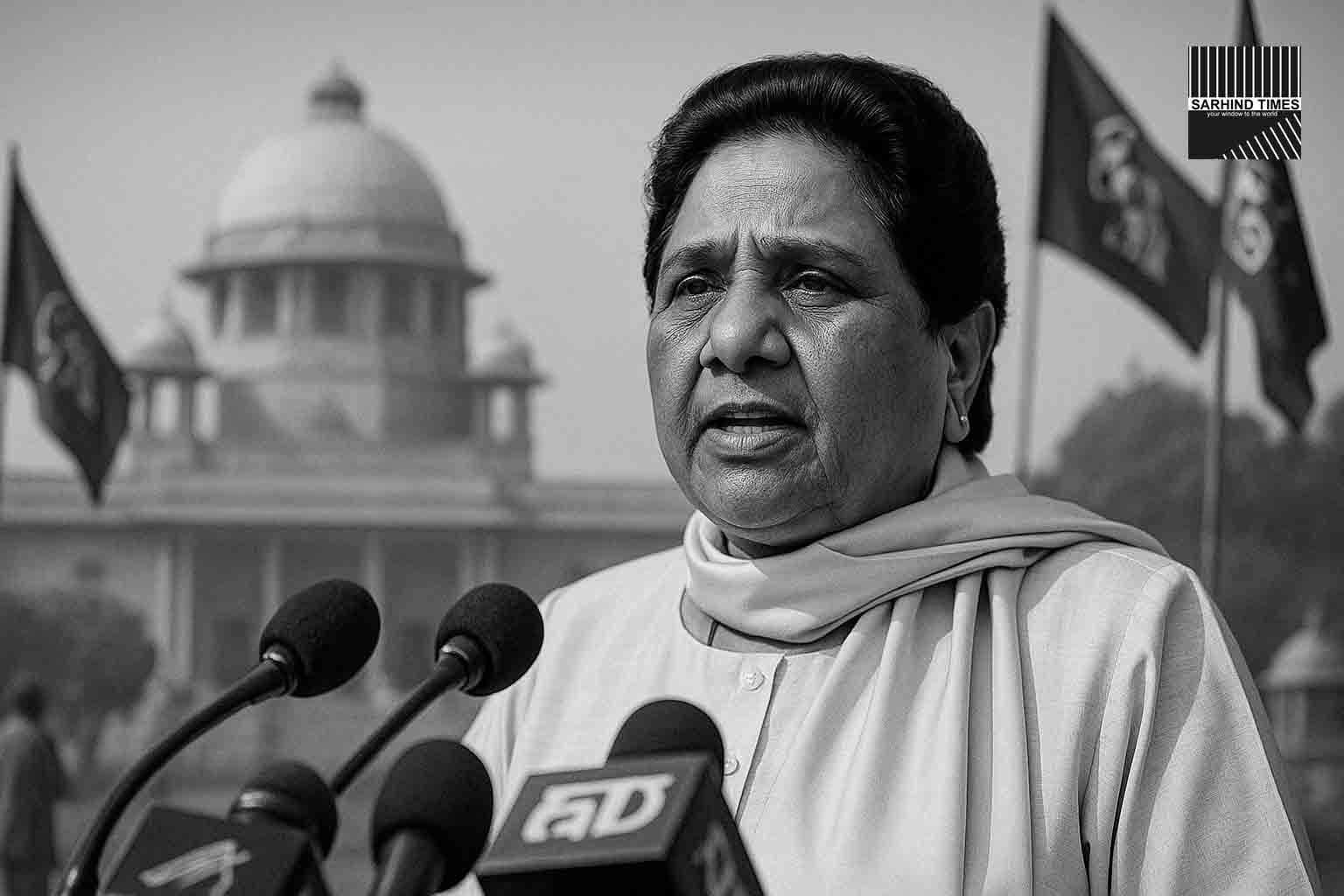

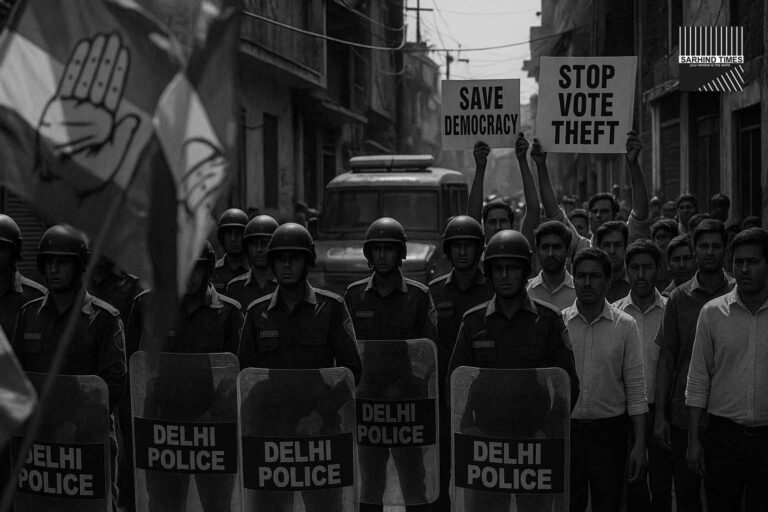

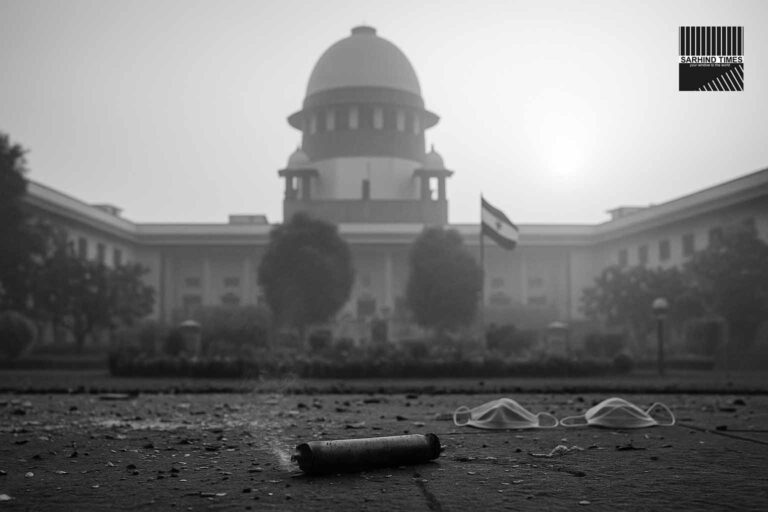






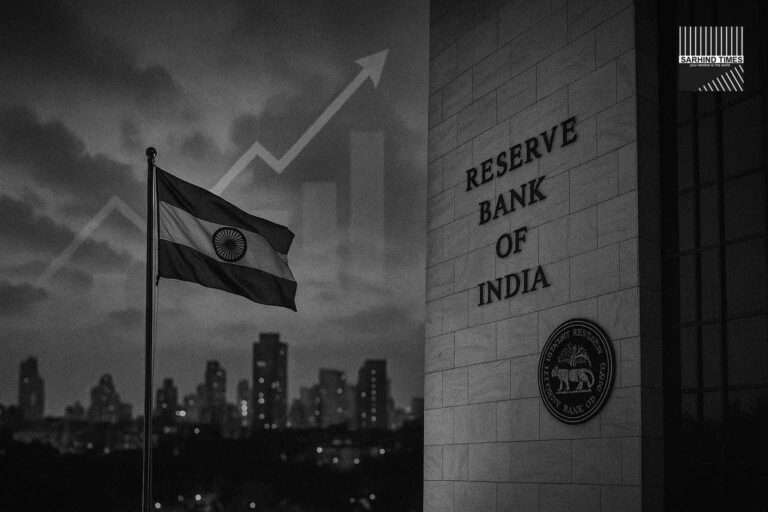
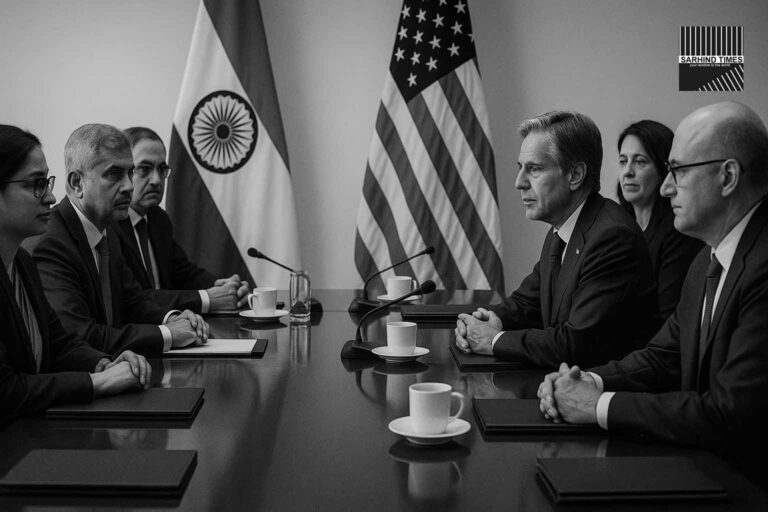
+ There are no comments
Add yours